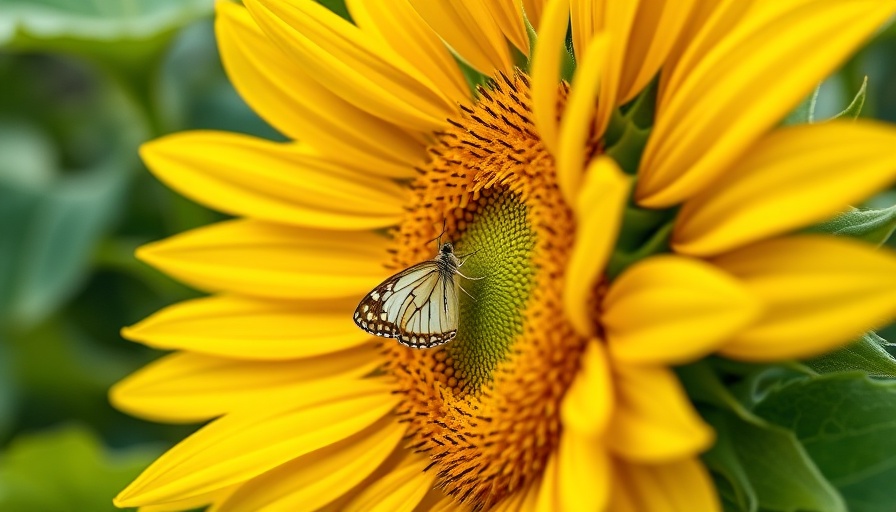
Discovering the Truth About Plastic in Teabags
When you sip your morning tea, are you unknowingly ingesting microplastics? In the UK, a surprising amount of teabags contain plastic to ensure they stay sealed. The primary culprit is polypropylene, a material added during manufacturing to help keep the bags intact. Unfortunately, this has profound environmental consequences, causing thousands of tons of microplastics to leach into our soil and waterways. Since the revelation in 2017 regarding the plastic content of teabags, the industry has seen a shift towards more sustainable practices, aiming at reducing or eliminating plastic usage.
Your Eco-Friendly Teabag Choices in 2025
As we progress into the year 2025, several brands have taken significant steps towards offering plastic-free teabags. Companies are now exploring alternatives like paper and even plant-based options, striving for full compostability. Brands like Bird & Blend Tea Co. and Pukka Herbs have been at the forefront, introducing ranges that are free from polys.
The Impact of Microplastic Pollution
Microplastics are becoming an alarming issue in the realm of health and environmental integrity. With more than 60 billion cups of tea consumed annually in the UK alone, even a single teabag contributes to a staggering collective sum. Over time, these microplastics not only infiltrate our ecosystems but also enter the food chain, resulting in potential health risks that are yet to be thoroughly understood. Understanding the sources of microplastics is vital for effective pollution management.
What to Look for When Choosing Teabags
As an eco-conscious homeowner, it's essential to know what to look for when buying teabags. Check for certifications or labels that explicitly advertise their plastic-free nature. When scanning the packaging, terms like "100% biodegradable" or "plant-based" should be your guide. Moreover, be cautious with PLA (Polylactic Acid) teabags, as they can still create some confusion despite being marketed as biodegradable.
Common Misconceptions About Plastic-Free Teabags
Many consumers are under the impression that all teabags are eco-friendly. This myth can mislead even the most environmentally conscious individuals. It's crucial to understand that not all compostable options are safe for the environment. Take the time to educate yourself on the status of your preferred brands and always opt for those that maintain transparency about their ingredients.
Understanding the Types of Teabags Available
Many homebrew aficionados might not realize the types of teabags available on the market. Standard paper teabags, often a default choice, frequently contain that hidden plastic. On the other hand, there's also the option of pyramid-shaped teabags which can sometimes house plastic materials contrasting with those made entirely of natural fibers. Always research and choose wisely to ensure you support eco-friendly practices.
A Call to Action for Eco-Conscious Consumers
As eco-conscious homeowners, we bear the responsibility of driving change. Transitioning to plastic-free teabags is a meaningful step towards a more sustainable lifestyle. By choosing to support brands with ethical and transparent practices, we can collectively mitigate the harmful impacts of plastic pollution in our daily lives. Let's make informed decisions and lead by example in the fight against microplastics.
Join the Movement Towards Sustainability
Empower your green journey as a homesteader or eco-conscious homeowner! Opt for brands that prioritize sustainability and make the switch to plastic-free teabags today. Explore various brands and even consider composting your bags at home, ensuring that you contribute positively to the environment.
 Add Row
Add Row  Add
Add 




Write A Comment